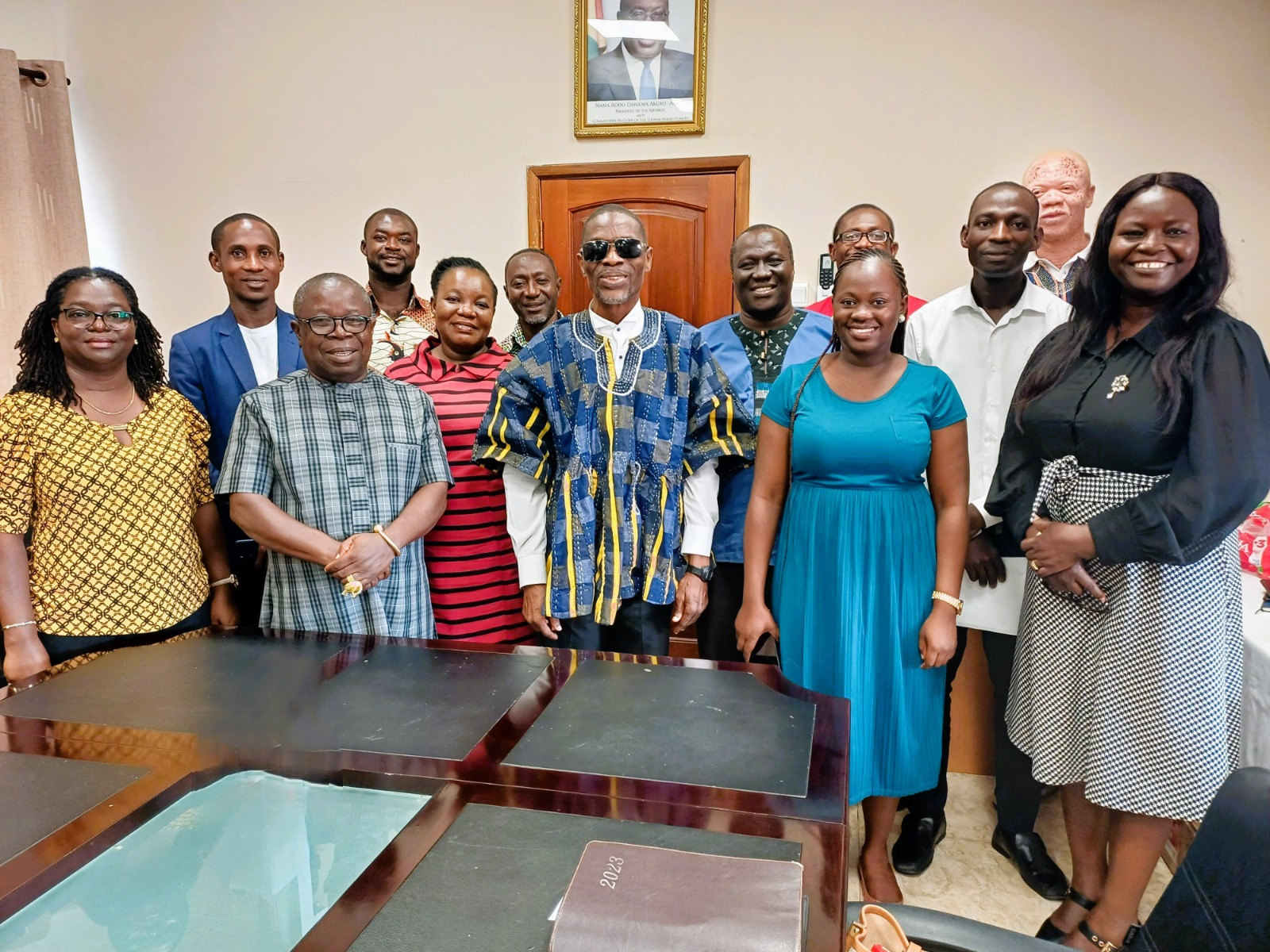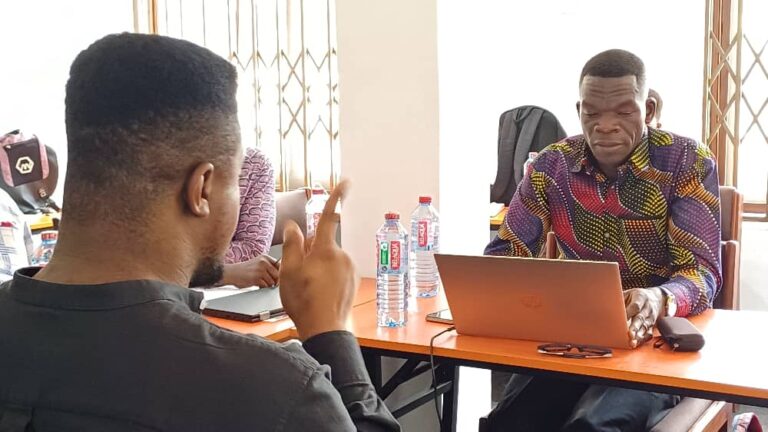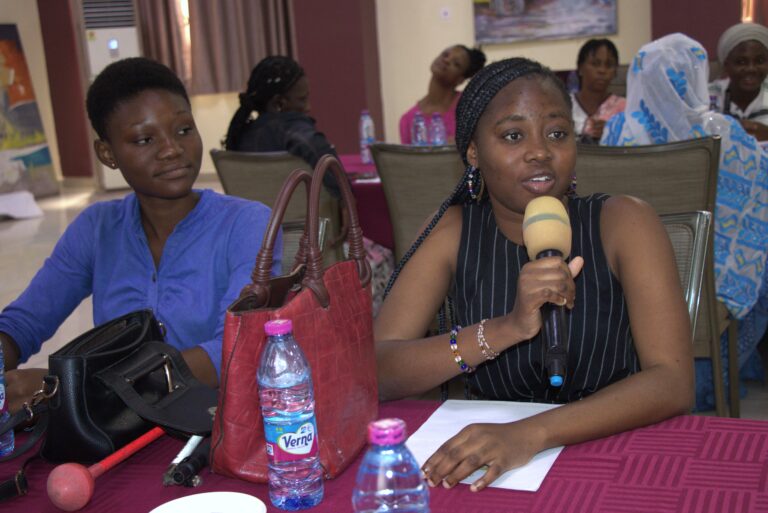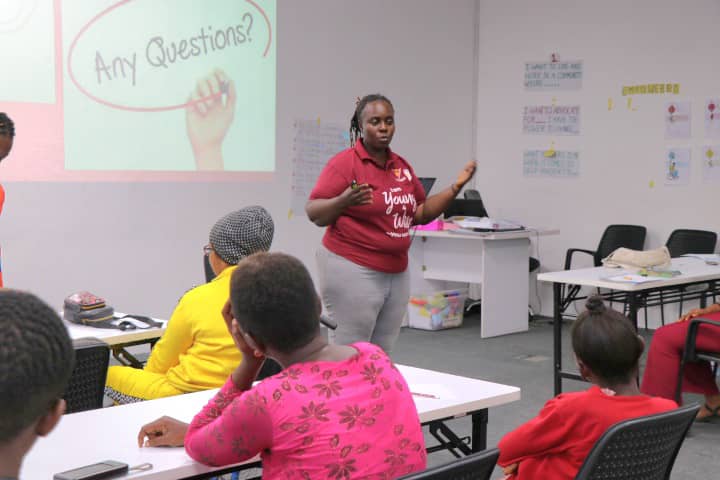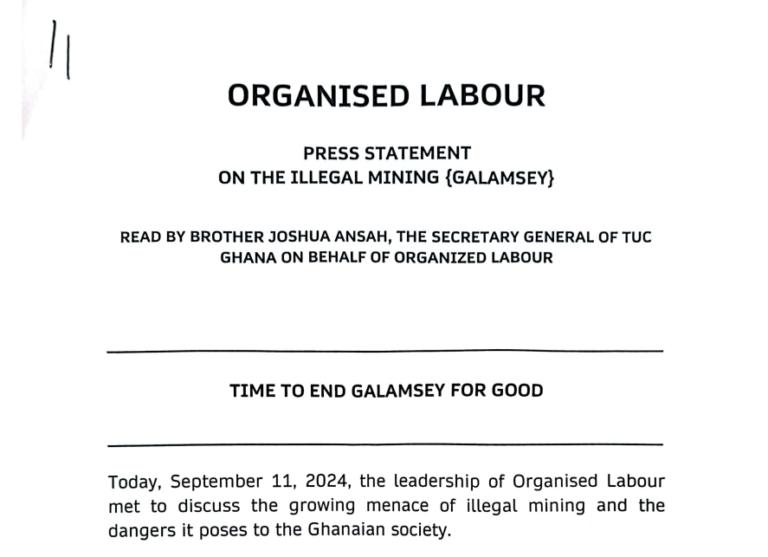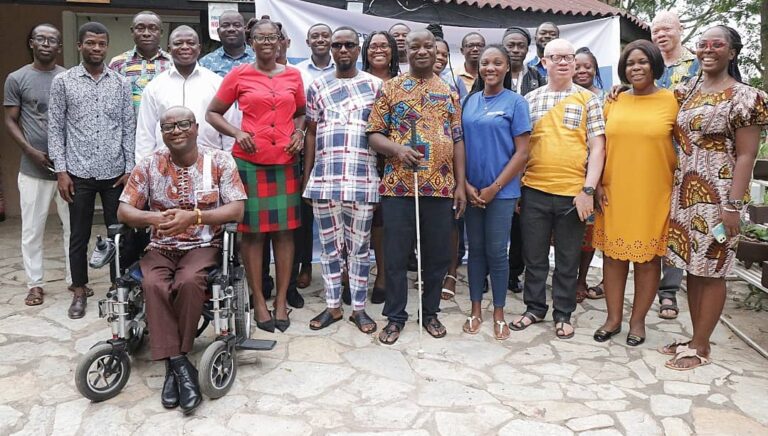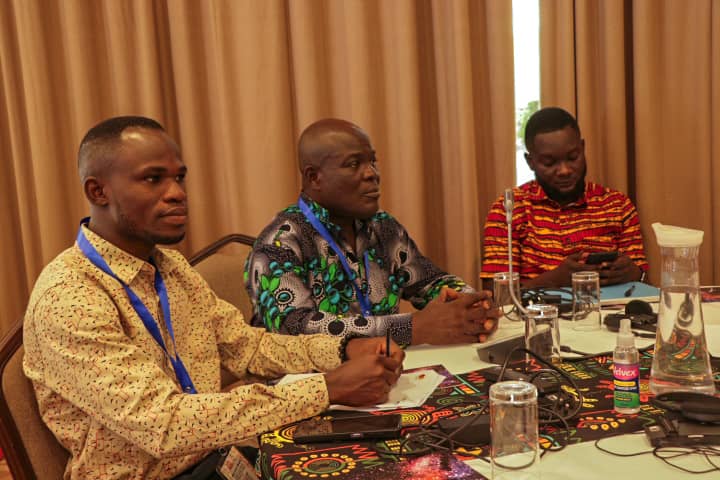Ghana Federation of Disabilities Organizations has Engaged with Educational Authorities on Inclusive Education Policy.
The Ghana Federation of Disabilities Organisations (GFD) recently met with key staff from the Ministry of Education (MoE) and the Ghana Education Service (GES) in a fruitful meeting.
The purpose of the engagement was to get updates on the inclusive education policy of 2015. This crucial policy outlines the strategic course for educating all children in Ghana in an inclusive environment together with children without disabilities. The Ghana inclusive education policy was developed through an extensive consultation process involving multiple stakeholders in the education sector, and it has been a pillar in the effort to pursue fair educational opportunities for all school children.
In attendance at the meeting were, the political leadership and program Managers of the GFD including Mr Joseph Atsu Homadzi, President of the GFD the Executive Director of GFD, Madam Rita Kusi Kyeremaa, the Monitoring, Evaluation, Research, Learning, and Adapting (MERLA) Manager, Moses Fordjour, the Programme Officer Abdul-Wahab Adam, the Learning and documentation Officer, Mohammed Lansah, and the National Coordinator of Inclusion Ghana, Mr. Jeleel Odoom.
The GES delegation included the Deputy Director Mr. Godwin-Godson Seli, Wilma Titus-Glover, the Principal Program Officer of the Special Educational Unit at the Ministry of Education, Madam Rose Ofosuhemaa Darko, and other key employees.
The President of GFD, Mr. Atsu emphasized the ongoing difficulties relating to the accessibility of suitable teaching and learning resources and a supportive learning environment for students with disabilities in Ghana. He agreed that although the essential modifications cannot be made right away, a group effort is required to openly discuss and deal with these difficulties.
Madam Rose Ofosuhemaa Darko agreed and emphasized how important it is to have reliable data to address the challenges identified by GFD. She illustrated the importance of budgetary allocations, highlighting the need for data to track and assess success. Although there is a goal to gradually boost budgetary allocation by 1.5%, Madam Darko explained that data is necessary to evaluate the success of these efforts, understand the true impact of funding schools, and meet learners’ requirements. Regarding the complexities of the budgetary allocations to the GES, she clarified that many departments have their budgets, and only by working together with these divisions could comprehensive financial data be delivered. Madam Darko emphasized inclusive education’s broader breadth and clarified how it fits within the larger educational landscape.
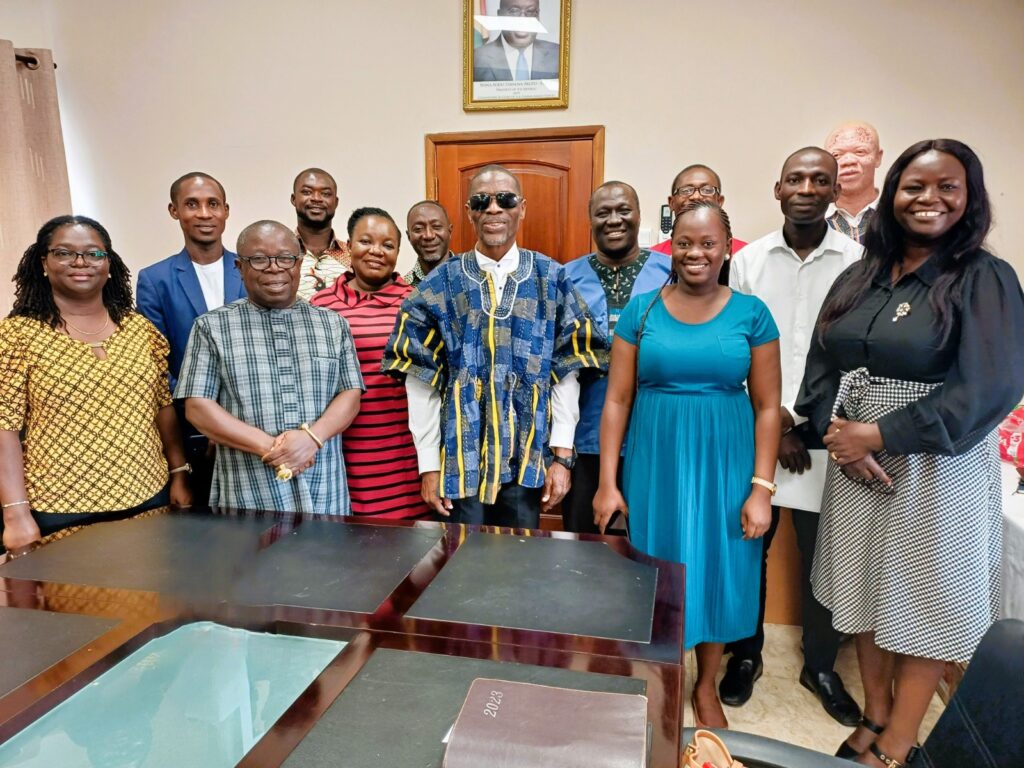
The GFD’s Executive Director, Madam Rita Kyeremaa, raised important issues regarding the comprehensive evaluation of schools’ performance and the suitability of the national standard tests for documenting students’ advancement beyond traditional measures. Mr. Jaleel Odoom stated a joint desire to do a more thorough assessment of the problem for the inclusive education policy to work effectively.
Mr. Atsu reaffirmed the GFD’s shared commitment to increasing advocacy for more resources for the Ministry and the Special Education division to successfully implement the disability inclusion policy in a collaborative manner.
Moses Fordjour, the MERLA manager of GFD, emphasized that because inclusive education is under the Ministry of Education’s purview, the Ministry’s financial support for the policy’s implementation is something that should be taken into account and made clear for proper monitoring.
Madam Rose Ofosuhemaaa clarified the roles of the Ministry of Education and the Ghana Education Service, underscoring the distinction between policy formulation and implementation, while also noting that inclusive education is just one facet of the larger educational sector.
The meeting emphasized the importance of accurate data, collaborative efforts, and holistic perspectives to pave the way for an inclusive education in Ghana.

